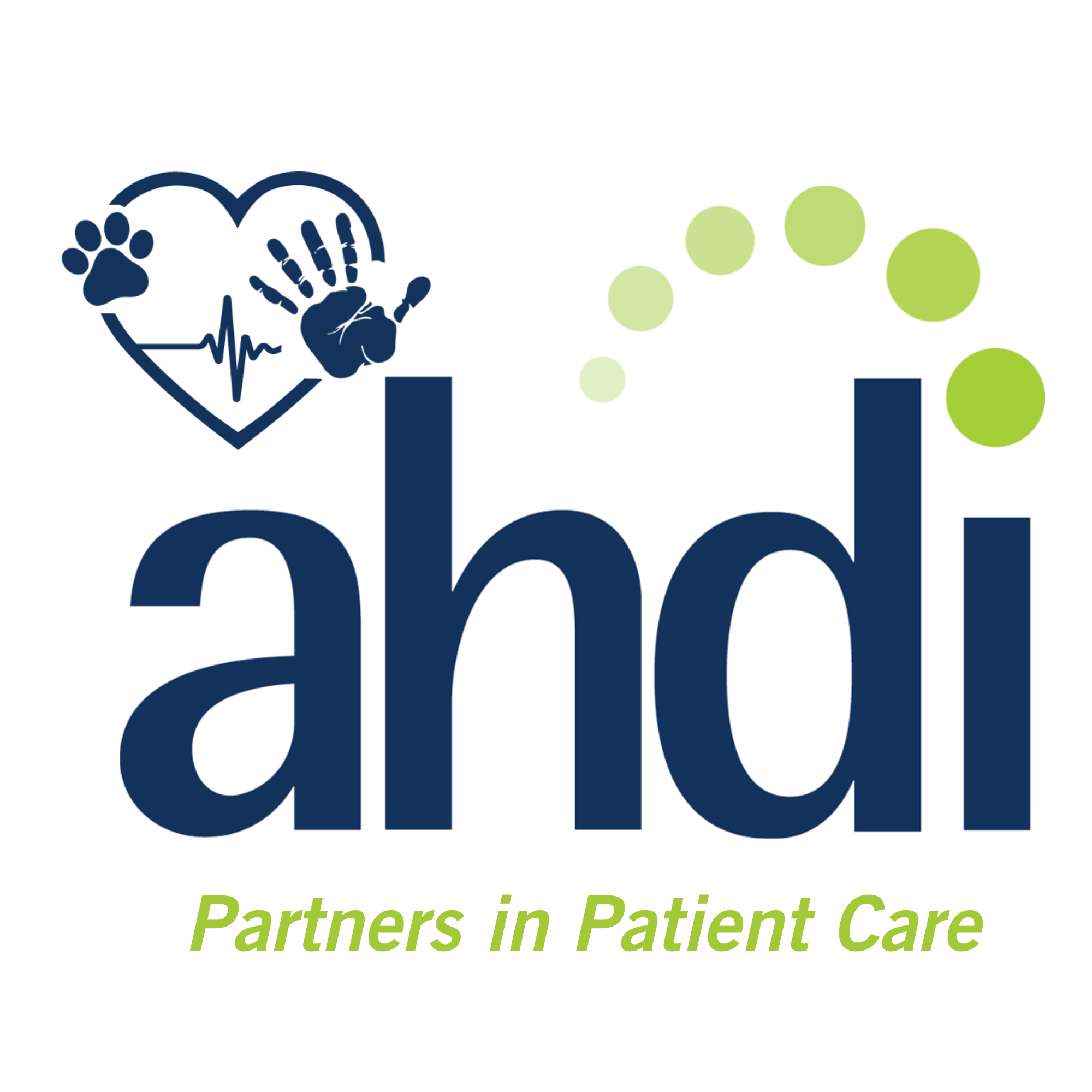Inquiring Minds Want to Know – Gastric Bypass
Inquiring Minds Want to Know
Gastric Bypass
By Andrea Sopko, CHDS
What is a BMI?
From Medical News Today, Body mass index (BMI) is a measure of body fat based on your weight in relation to your height and applies to most adult men and women aged 20 and over. For children aged 2 and over, BMI percentile is the best assessment of body fat.
BMI does not measure body fat directly. However, research indicates that BMI correlates to direct measures of body fat, such as underwater weighing and dual-energy X-ray absorptiometry (DXA), and is considered an inexpensive and easy-to-perform alternative
for these.
Resource: Medical News Today – https://www.medicalnewstoday.com/info/obesity/what-is-bmi.php
How to calculate BMI for adults
Belgium Statistician Adolphe Quetelet developed the BMI formula approximately 150 years ago.
The calculation of BMI is based on the following formulas:
Metric BMI Formula
Weight (kg) / Height (m)2
With the metric system, the formula for BMI is weight in kilograms divided by height in meters squared (kg/m2). Since height is commonly measured in centimeters, divide height in centimeters by 100 to obtain height in meters.
Imperial BMI Formula
(Weight (lbs.) * 703) / Height (inches)2
When using pounds and inches, the formula needs to be altered slightly. Multiply your weight in pounds by 703. Divide that by your height in inches, squared.
If someone already had a sleeve gastrectomy, what happens if they gain their weight back?
Patients have options if they do happen to gain the lost weight back after a sleeve gastrectomy. The next procedure of choice would be the Biliary Pancreatic Diversion with Duodenal Switch. It is a natural
revision option for patients that have had weight regain after sleeve gastrectomy. It can provide long-term resolutions for a number of obesity-related health conditions. This procedure bypasses the small bowel, which is why it works
so well.
We absorb our nutrition, such as protein, carbohydrates, and fat, from the food we eat. When you bypass (reroute the bowel so that food only goes through part of the small bowel) over half of the small bowel, you create a situation where a patient’s ability to absorb calories is limited! After BPD/DS, patients can only absorb 60% of the protein and carbohydrates and only 30% of the fat from a meal. If the patient follows the dietary recommendations set forth by their bariatric nutritionist, then the patient may only absorb 900-1200 calories per day, even if they consume 2000!
Is it true that these types of surgery cause a type of anorexia?
The PBD/DS is in some ways the most effective weight loss surgical option available. Like the Sleeve Gastrectomy and the Roux-en-Y gastric bypass, the BPD/DS provides an extended period of time (a year or more) after surgery when the patient really does not feel hungry. This is an effect of alterations in gastrointestinal hormones that occur after surgery. This surgical “anorexia” gives patients an extended period of time to develop new healthy eating habits. http://www.newlifebariatricsurgery.com/weight-loss-options/biliary-pancreatic-diversion-duodenal-swith-knoxville-tn/
What is the hormone weight loss surgery helps control?
The surgery has a nice benefit of reducing the hunger inducing hormone ghrelin. But ultimately, it’s the restrictive nature of a smaller stomach that leads to weight loss.
Tell me more about this hormone called ghrelin.
Ghrelin is a multifaceted gut hormone which activates its receptor, growth hormone secretagogue receptor (GHS-R). Ghrelin’s hallmark functions are its stimulatory effects on food intake, fat deposition, and growth hormone release. Ghrelin is famously known as the “hunger hormone.”
Other functions of ghrelin are as follows:
- Ghrelin regulates glucose hemostasis by inhibiting insulin secretion and regulating gluconeogenesis/glycogenolysis.
- Ghrelin signaling decreases thermogenesis to regulate energy expenditure.
- Ghrelin improves the survival prognosis of myocardial infarction by reducing sympathetic nerve activity.
- Ghrelin prevents muscle atrophy by inducing muscle differentiation and fusion.
- Ghrelin regulates bone formation and metabolism by modulating proliferation and differentiation of osteoblasts.
In addition to ghrelin’s effects on appetite and adiposity, ghrelin signaling also plays crucial roles in glucose- and energy-homeostasis, cardioprotection, muscle atrophy, bone metabolism and cancer. These multifaceted roles of ghrelin make ghrelin and GHS-R highly attractive targets for drug development. https://www.ncbi.nlm.nih.gov/pmc/articles/PMC4049314/
Where can I find a list of equipment needed for these procedures?
Try using Google and then make sure your website is reputable. I googled the following:
gastric bypass surgery instruments
One of the sites to which I was directed was Medscape seen below.
https://emedicine.medscape.com/article/143954-periprocedure
Equipment required for laparoscopic gastric bypass includes the following:
- Laparoscopic tray with full set of instruments, including graspers, dissectors, endoscopic gastrointestinal anastomosis (GIA) staplers, and silk and polyglactin sutures
- Energy source
- Staple-line reinforcers (eg, Seamguard)
- Trocars, 5 and 10-12 mm
- Orogastric tube
- Nathanson liver retractor
What are the risks from the BPD-DS procedure?
BPD-DS has short-term and long-term risks, including:
- Dumping Syndrome: This causes nausea, weakness, sweating, faintness, and possibly diarrhea soon after eating. These symptoms get worse if you eat highly refined, high-calorie foods like sweets. Sometimes you may become so weak that you have to lie down until the symptoms pass.
- A higher risk of osteoporosis: This happens because your body can’t absorb nutrients as well as it used to.
- Poor Nutrition: Eating less and less absorption may mean that you are not getting enough nutrients, which can cause health problems. You will have to take vitamin and protein supplements for the rest of your life.
Like any surgery, the BPD-DS procedure carries certain risks:
- Internal bleeding
- Infection
- Potentially fatal blood clots that can move to the lungs or heart
- Hernia
If the small bowel is bypassed and the patient loses fat and nutrients, what should the patient do?
It is necessary to take a number of nutritional supplements after the operation, including:
- Multivitamins (usually twice per day)
- Iron supplements (usually twice per day)
- Calcium (usually twice per day)
- ADEKs (fat-soluble vitamins) usually 3 times per day
